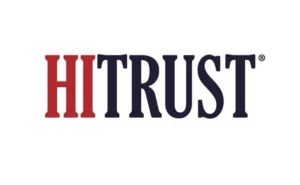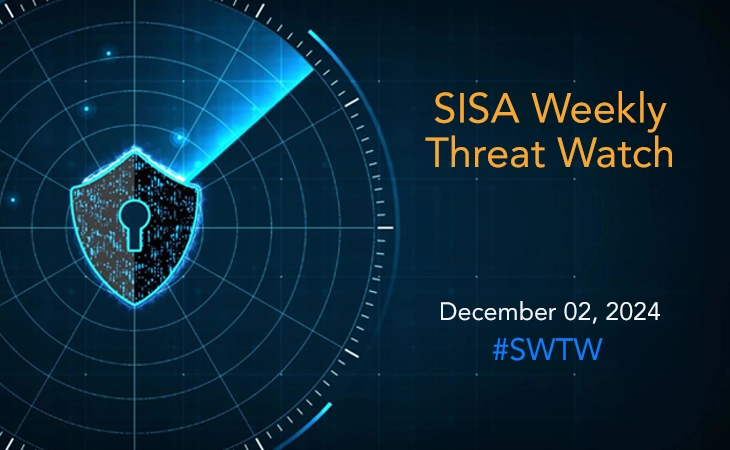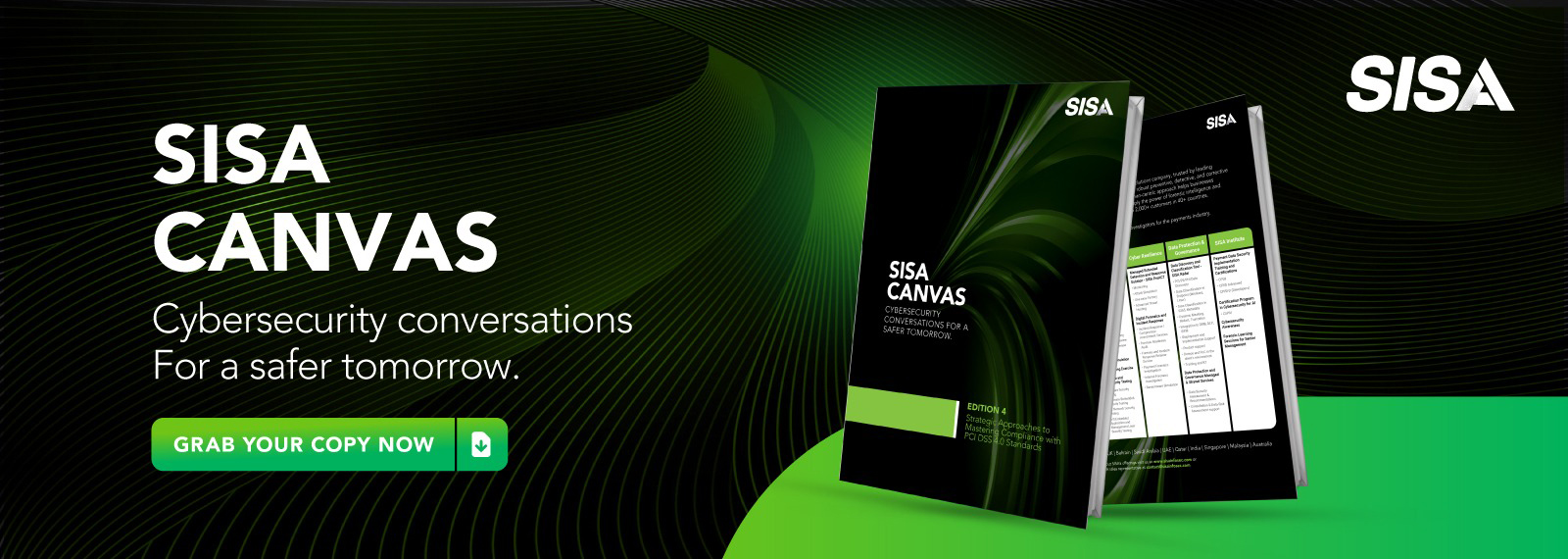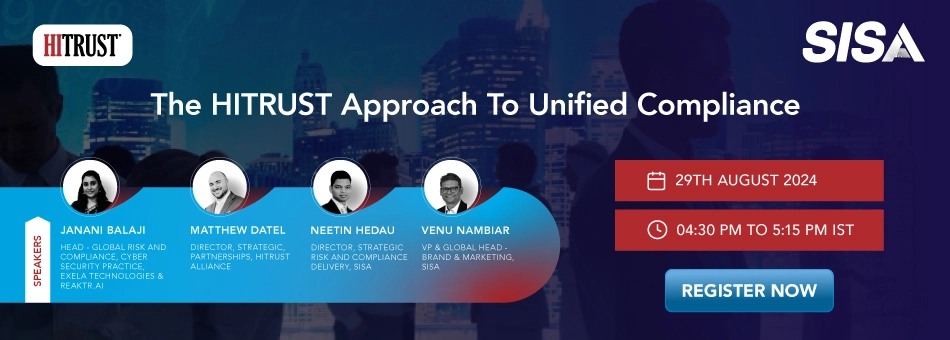
PCI Training for Employees & Working Professionals: Why Does It Matter?
In today’s digital-first world, securing sensitive credit card data is no longer optional—it is a necessity. For organizations that process, store, or transmit credit card information, compliance with the Payment Card Industry Data Security Standard (PCI DSS) is a must. A crucial component of this compliance is PCI training for employees, as they are often the first line of defense against data breaches. Let’s explore why PCI training is essential for employees and how it protects both businesses and customers.
What Is PCI DSS Training for Employees?
PCI DSS training educates employees on how to handle, process, and protect cardholder data. According to the PCI Security Standards Council, Requirement 12.6 mandates that organizations provide PCI security awareness training upon hire and annually. This ensures that every employee understands the importance of safeguarding cardholder data and follows the best practices to minimize risks.
Key Components of PCI Training:
- Data Handling: Employees learn how to securely handle, store, and transmit sensitive payment data. They are also trained to recognize unauthorized data access attempts and prevent accidental exposure of cardholder information.
- Identifying Threats: Training covers recognizing phishing attacks, suspicious requests, and other potential threats. Employees are equipped with real-world examples to better understand and respond to evolving cyberattack techniques.
- Reporting Incidents: Employees are taught to immediately report any suspicious activity to minimize risks. Clear escalation protocols and contact points are provided to ensure rapid response to potential breaches.
- Best Practices: Topics include password management, secure device usage, and avoiding unauthorized software installation. Training also emphasizes maintaining physical security of devices and workstations handling sensitive payment data.
Why PCI Training Matters for Employees
1. Protects Customer Data
Credit card data is highly sensitive, and breaches can result in significant harm to customers, including financial loss and identity theft. PCI training equips employees with the knowledge to handle payment information securely, ensuring customers’ trust and loyalty.
2. Ensures Regulatory Compliance
Non-compliance with PCI DSS can result in hefty fines, lawsuits, and reputational damage. Employees trained in PCI standards help organizations stay compliant, avoiding costly penalties and maintaining the ability to process payments.
3. Reduces the Risk of Data Breaches
Human error is a leading cause of data breaches. PCI training minimizes mistakes by ensuring employees understand their roles in safeguarding cardholder data and recognize potential risks.
Key Benefits of PCI Training for Employees and Professionals
- Enhanced Security Posture: Employees trained in PCI DSS protocols act as the first line of defense against cyber threats. Regular training keeps them up-to-date on the latest security practices and evolving threats, ensuring robust organizational protection.
- Increased Accountability: With proper training, every team member understands their responsibility in protecting payment data. This fosters a culture of security awareness, where employees proactively identify and address vulnerabilities.
- Scalable Compliance: Training ensures that organizations of all sizes can meet regulatory requirements. By standardizing compliance efforts across teams, businesses can adapt quickly to changing regulations and maintain customer trust.
- Reduced Risk of Data Breaches: Well-trained employees are better equipped to prevent mishandling of sensitive cardholder data, reducing the likelihood of costly breaches and potential fines.
- Improved Customer Trust: A team knowledgeable in PCI compliance demonstrates to customers that their payment data is handled responsibly, building loyalty and enhancing the organization’s reputation.
How to Implement PCI Training in Your Organization
1. Start with Awareness
Ensure that all employees understand the importance of PCI compliance and the risks associated with mishandling cardholder data.
2. Tailor Training to Roles
Provide specific training based on employees’ roles. For example:
- Frontline staff should focus on secure payment processing.
- IT professionals should be trained in cybersecurity best practices.
3. Make Training an Ongoing Process
PCI training isn’t a one-time task. Regular updates and annual refreshers keep employees informed about evolving threats and compliance requirements.
4. Leverage Real-World Scenarios
Incorporate practical examples of security breaches and their consequences into training sessions to help employees relate PCI compliance to real-world risks and better understand its criticality.
The Cost of Non-Compliance
Failing to comply with PCI DSS can result in:
- Financial Penalties: Merchants may face significant fines imposed by payment card brands like Visa, Mastercard, American Express, and Discover.
- Data Breaches: Non-compliance can increase the risk of data breaches, leading to the exposure of sensitive customer information.
- Reputational Damage: Loss of trust can lead to a decline in business.
Conclusion
PCI training for employees is not just a regulatory requirement—it is a critical investment in your organization’s security culture. By educating employees on best practices, organizations can protect sensitive cardholder data, comply with PCI DSS and the EU AI Act, and maintain customer trust.
Ready to strengthen your organization’s security posture? Start PCI DSS training today and ensure your team is prepared to tackle the challenges of a rapidly evolving digital world.
Latest
Blogs
Whitepapers
Monthly Threat Brief
Customer Success Stories
 USA
USA India
India APAC
APAC Middle East
Middle East Global
Global






 Facebook
Facebook Linkedin
Linkedin  X
X Youtube
Youtube








